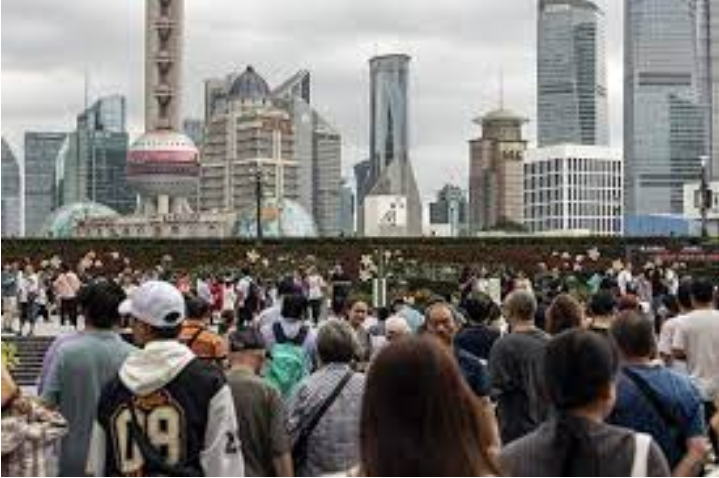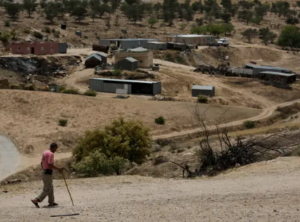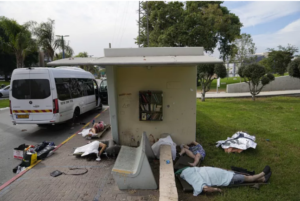
China’s Rich Entrust Total Strangers To Sneak Cash Out Of The Country
Imagine trusting your life savings to a group of strangers you know only via WhatsApp. Some affluent Chinese people are willing to make that gamble to get part of their wealth out of the mainland.Take 32-year-old Phoebe, who recently moved almost a million yuan ($137,000). To do it, she first had to transfer her money into the account of a local facilitator. Then, Phoebe, who requested to be identified by only her first name because of privacy and legal concerns, had to sit tight.

A few tense hours later, transactions began to pop piecemeal into a separate account she holds in Hong Kong. While the city has been stripped of many of the political freedoms it used to enjoy, it still occupies a unique place in China’s financial ecosystem as the only area with unfettered access to global capital markets. Once cash is there, it can go anywhere.
The funds that appeared in Phoebe’s account came from 10 people in total-one of whom deposited the equivalent of $1,300 in notes via an ATM. The transaction moved through an informal, unregulated system known around the world as hawala. On one side of the administrative border between the mainland and Hong Kong, Phoebe handed over her money to members of her facilitator’s network; on the other side, the transaction was mirrored by others in the network who dropped money into her account.
The entire operation was dependent on faith. But Phoebe’s wait wasn’t quite as nerve-jangling as you might expect: She’d been referred to the remittance agency-which is illegal in China-by her established, well-regarded wealth manager introduced via mutual connections.
Since international borders reopened post-pandemic, advisers to the rich report a surge in demand for overseas backup options. Crackdowns on ideologically out-of-favor industries, uncertainty over geopolitical tensions and Xi Jinping’s push for “common prosperity” have spooked the rich and even the middle class. In addition, the domestic economy looks increasingly dire. Exports are struggling, house prices are falling, and more than 1 in 5 young people are out of work. Many wealthy families feel it’s essential to have money outside the country, whether to diversify assets or to pave the way for potential future immigration.
Traditional havens still hold their allure-think a condo in Vancouver or US equity investments-but over the past two years Singapore has increasingly emerged as a favored destination. In the stable, low-tax city-state where Mandarin is one of the official languages, signs of the influx of Chinese cash are everywhere. Nightclub tables fetch as much as $70,000 an evening during the Formula One Singapore Grand Prix, trendy wine bars for Chinese billionaires abound, and there’s been an explosion in the number of family offices managing the assets of the rich.
Yet opportunities to move cash legitimately from China are severely limited, with individuals normally allowed to wire only $50,000 a year overseas. They also have a one-time opportunity to move their money when they emigrate. Plugging the gap is where the underground networks come into play. “These agencies have sprouted to meet soaring demand,” says Joel Gallo, an adjunct professor of finance at New York University Shanghai. “They act as quasi-banking firms, yet operate without the scrutiny of one and adroitly engage in regulatory arbitrage by standing in a gray zone.”

















Average Rating